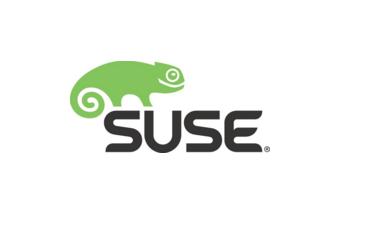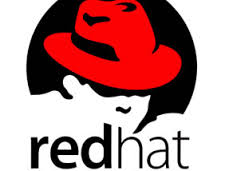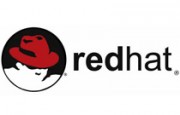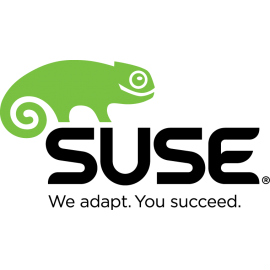Since a quarter of the century, Linux is serving its users with the superb technical support, trusted quality and unbeatable 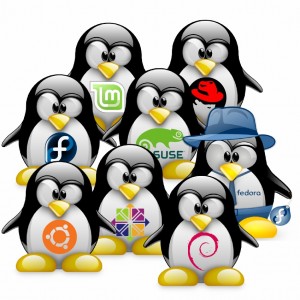 performance. The way for the further growth and opportunities is full of challenges and it seems like the whole Linux team is committed towards reaching towards newer heights and establishing new standards of efficiency.
performance. The way for the further growth and opportunities is full of challenges and it seems like the whole Linux team is committed towards reaching towards newer heights and establishing new standards of efficiency.
“Linux has a substantial opportunity in new technology segments, such as IoT, containers and cloud, but also in the industry segments that sometimes take time to adapt and evolve,” says Frank Fanzilli, director of The Linux Foundation and former Global CIO of Credit Suisse First Boston. He further mentions that while the brand has a greater challenge to maintain such an enormous participation in the industry and sustaining the quality and performance associated with products and services, there is a big room for searching new markets, crafting new products and developing more efficient ways to get the things done.
Cloud and enterprise data centers
Most of the leading cloud service providers such as Amazon Web Services have their structure built around Linux and there is a big role of OS in more typical business for big data and other new applications. Several market experts including Martin Percival, Red Hat senior solution consultant architect also find the scenario more optimistic and growth oriented for Linux.
In the view of Clive Longbottom, analyst Quociraca predicting the upcoming ecosystem of distribution a bit struggling for some of the Linux vendors if they are unable to offer the better differentiation. There are many competitive servers out there like Debian, Oracle Linux, Mageia and Clear OS. No doubt, it is a greater challenge to gain sufficient critical mass in order to carry on success in the next phase.
It needs a sound focus over development of enterprise distribution and other aspects of business such as the Internet of Things. The market eco-system is rapidly evolving and if the company has to play with the other big players, it has to make hardcore efforts to sustain the performance and standards.
Containers
It has been known as the awesome move by Linux to focus on containers which are described as the most potential replacement for virtual machines. In the words of Sam Ramji Cloud Foundry CEO, “Containers as a metaphor for isolation has made Linux not only the default operating system for cloud computing, but the standard to which even Windows aspires,” he says, adding that containers in Windows “are based on the interfaces standardized in Linux.” With more development in this sector, Linux has some great opportunities and capabilities in the upcoming time.
Internet of Things
As an earlier step taken by Linux, Zephyr (a small footprint kernel designed for running on IoT devices with limited resources) is being considered as the big move towards Linux’s wider development. Though Google has also launched Fuscia, its own operating system which can become an alternative platform for Android and other small sized computer devices, but it is on its early experimental stage and not in the position of putting any challenge to Linux.
Microsoft continues to embrace Linux
As a near unthinkable combination: Microsoft embracing Linux and SQL Server is now running on Linux. The trend dose not seem to seem to end in the near future. Longbottom says “This is the future for Microsoft – the provision of an open platform that is interoperable with other cloud systems, supports the majority of applications and services available in the market and is a platform that scales and performs at least as well, if not better, than other public clouds.
“This means that Microsoft has to continue in its support of Linux.”





